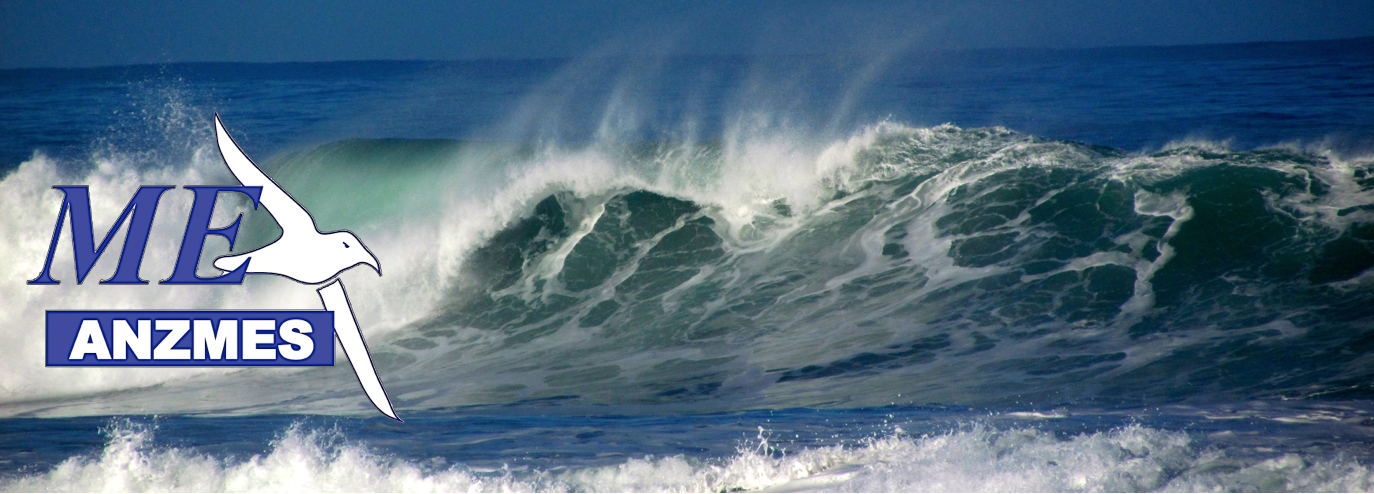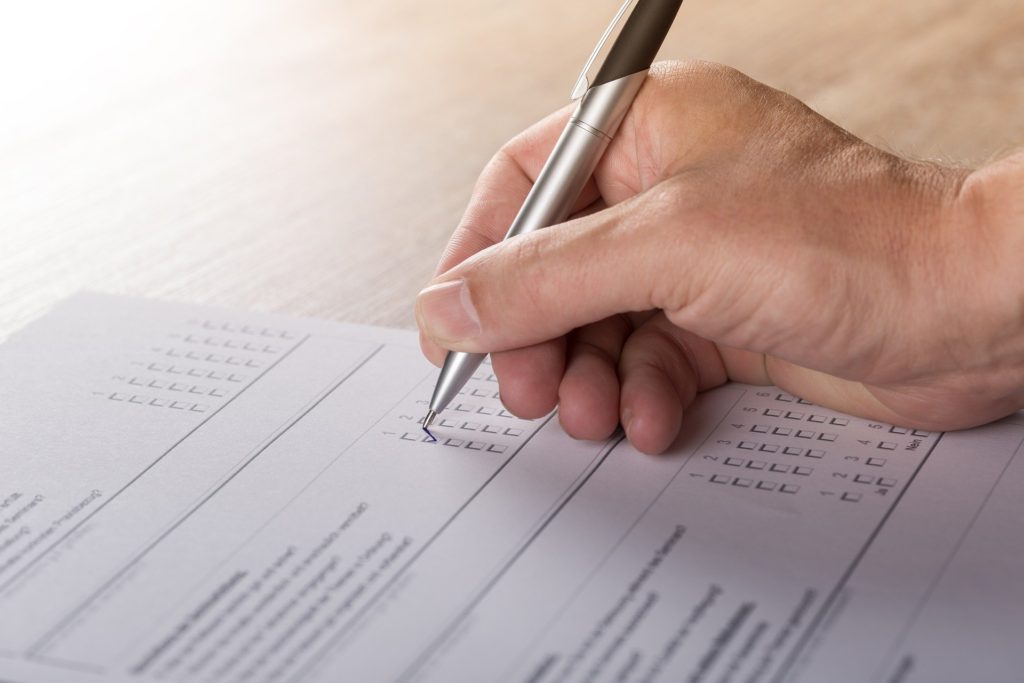The government mandate stipulates that certain industries require vaccination in order to retain employment. Although we have advised MoH that this is not as simple for those people with ME/CFS (pwME) who are affected by this Order, we have not been able to change their decision through our advocacy efforts.
For pwME who are not employed in the mandated industries, there will still be barriers if they choose to remain unvaccinated due to the introduction of vaccine certificates/passports. However the decision to vaccinate or not vaccinate remains a personal choice.
ANZMES provided MoH with a detailed argument in favour of MoH allowing physician discretion on a patient-by-patient basis as to whether a medical exemption is warranted. We have not received a response to our advocacy from MoH to date. The argument stipulated that only the physician and the patient can truly know, based on the patient’s personal medical history, whether a risk of adverse reaction is sufficient enough to warrant a medical exemption.
This was based on Professor Warren Tate’s advice that people with ME/CFS who often experience severe food allergies, chemical hypersensitivities, are prone to frequent debilitating relapses and have a significant compromised level of activity, may be at a higher risk to adverse side effects to vaccination in comparison to people with ME/CFS who do not have these extra dimensions of the illness.
An article released today has a headline suggesting that Professor Warren Tate believes all people with ME should be exempt. This is not the case. Prof. Tate advocates for a subgroup of pwME, as above. [https://www.rnz.co.nz/news/national/456598/expert-says-chronic-fatigue-sufferers-should-be-exempt-from-covid-19-vaccination]
For pwME who do not have these extra dimensions of the illness, ANZMES released an information sheet regarding COVID-19 vaccinations for pwME, which included expert advice from New Zealand and internationally. The recommendations provided by these experts were that contracting COVID-19 poses a greater risk to health than the side effects of the vaccination. However for a small percentage of pwME, the potential adverse reactions may seem to outweigh the risk of contracting the virus. This is because there is potential for a relapse of ME/CFS symptoms. And because household members can provide a level of protection to unvaccinated members if they themselves are vaccinated. [https://anzmes.org.nz/experts-talk-covid-19-vaccine-for-people-with-me-cfs/]
MoH advises on their website that if people with ME/CFS experienced adverse reactions to the first dose of the vaccine, that they could hold off getting the second dose until their symptoms resolve completely. [https://www.health.govt.nz/our-work/diseases-and-conditions/covid-19-novel-coronavirus/covid-19-response-planning/covid-19-mandatory-vaccinations/covid-19-exemptions-mandatory-vaccination#temp-exempt scroll down the page and click on Vaccine Temporary Medical exemptions in either Word or pdf format – updated 30 November. On page 7 of this file you find reference to Myalgic Encephalomyelitis.
Also MoH now states that if the Order applies to a person and they are not vaccinated, but feel that they may be eligible for a temporary exemption, then their usual medical practitioner or nurse practitioner can apply on their behalf. However, it is not that simple for pwME. Based on the criteria that ME/CFS patients would be applying under, the application would need to be done by a relevant specialist (e.g. neurologist, rheumatologist, immunologist, etc.). [https://www.health.govt.nz/our-work/diseases-and-conditions/covid-19-novel-coronavirus/covid-19-response-planning/covid-19-mandatory-vaccinations/covid-19-exemptions-mandatory-vaccination#temp-exempt]
The preliminary findings of the self-reporting survey ANZMES conducted with the ME/CFS and Long COVID community suggests that the reactions to the vaccine have been as varied as the symptomatology of ME/CFS itself. For some there was no adverse reaction. Some improved. For others, only the normally expected immune response was experienced. Whereas for a significant smaller percentage there was a considerable relapse. There does not seem to be a pattern as to who fares well and who experiences a relapse. Although the survey findings suggest that the more disabling the ME/CFS symptoms, the more prone to a relapse after vaccination, relapse can occur at any functional capacity state for pwME. However, it is also likely that no adverse reactions, or only temporary reactions are experienced. This shows how highly individualised vaccine reactions are, just as is the case for the symptomatology of ME/CFS. [https://anzmes.org.nz/anzmes-preliminary-survey-findings/]
ANZMES also petitioned for a fractionated dosing trial at the request of the community. Although this trial will not go ahead, IMAC are investigating the possibility of lower dosing. However, as trials have not been done, MoH advises that lower doses will not be considered sufficient for protection and therefore someone who receives a fractionated dose would not be eligible for a vaccination certificate/passport. Research into the efficacy of lower doses as protection against COVID-19 would need to be conducted in order for this to change.
It was reported by RNZ as a quote from a MoH spokesperson, that there is not sufficient evidence to suggest that lower dosing will mitigate adverse reactions to the vaccine. It is correct that no trials have been conducted into reactions to lower dosing for pwME. However, in studies that have been conducted into fractionated dosing, reduced doses appear to reduce reactogenicity (adverse side effects).
ANZMES does not provide medical advice or opinions as an organisation, the information provided above is a summary of expert advice and government information. This is so that the ME/CFS community can be informed of all sides of the situation, and can therefore make decisions based on their own individual circumstances. As always, this should be done in conjunction with the individual’s usual medical professional(s).





